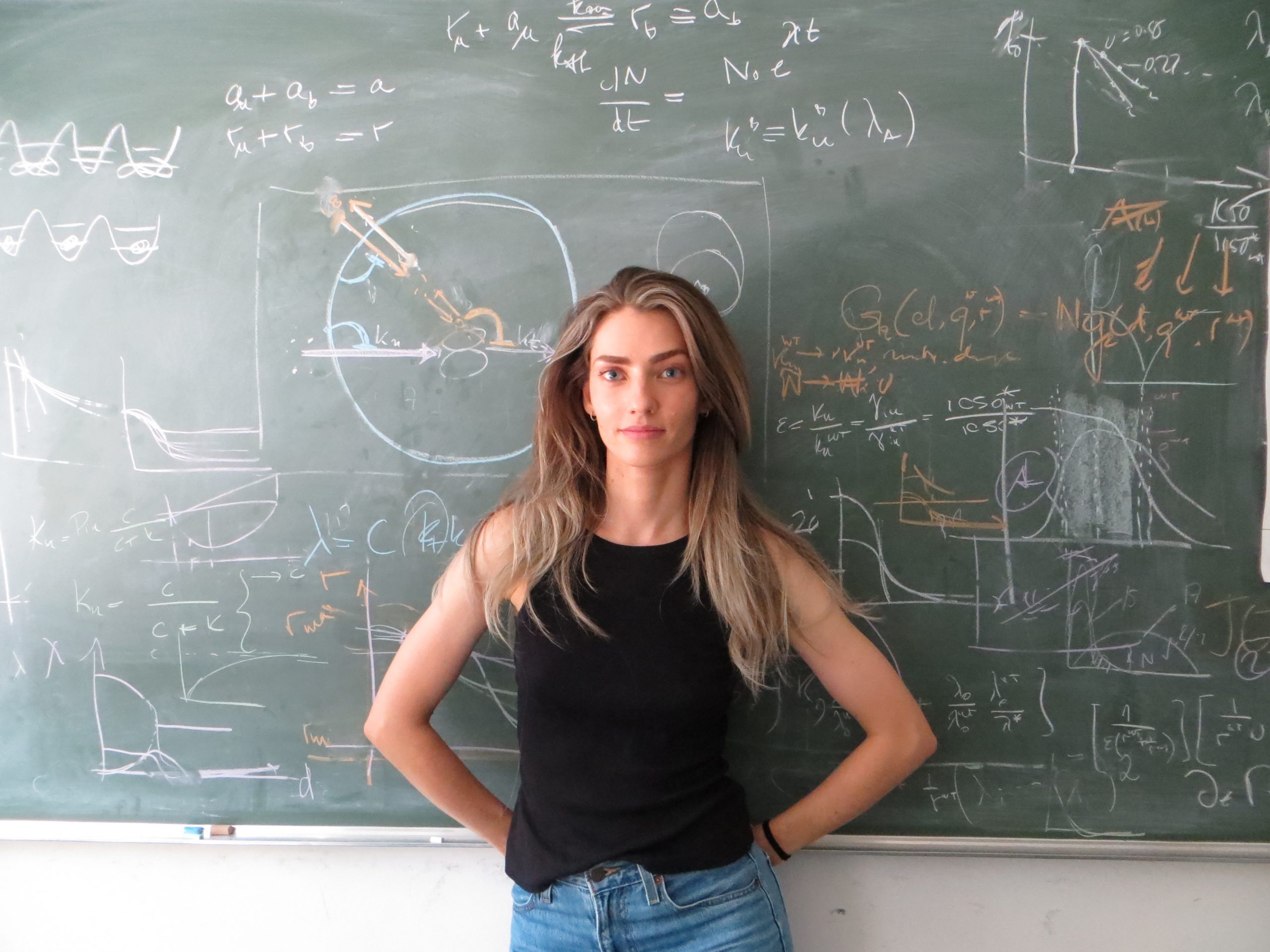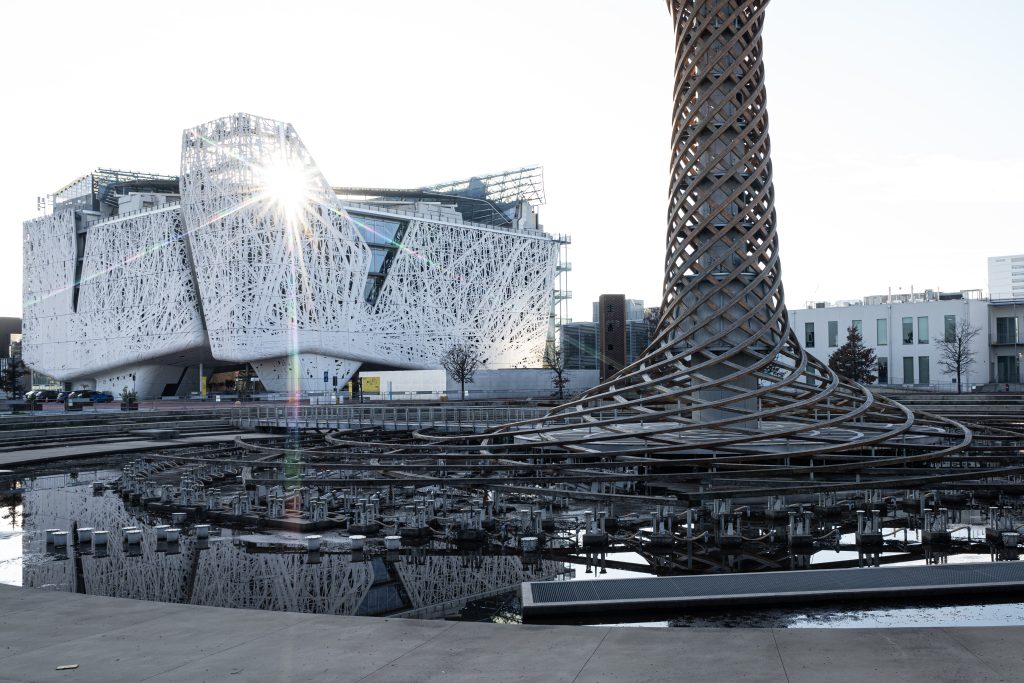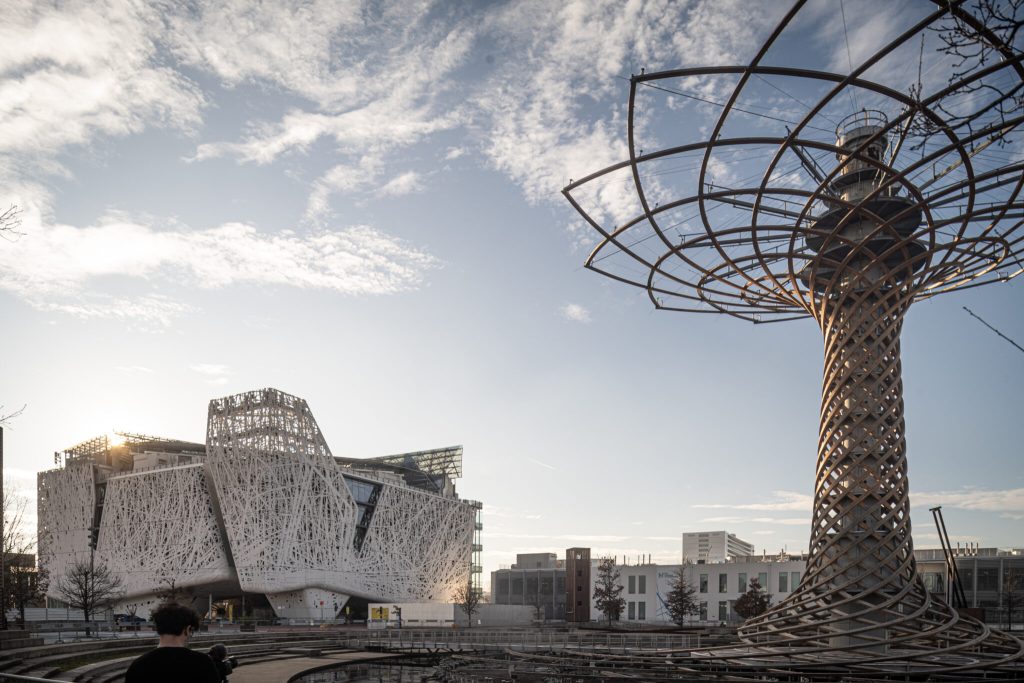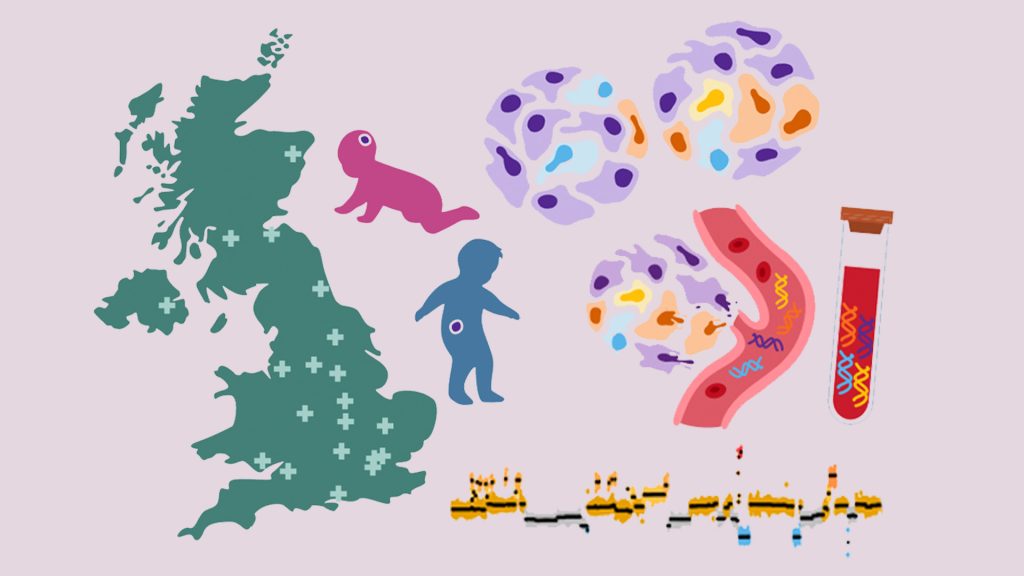Introducing: Fernanda Pinheiro

Fernanda Pinheiro is fascinated with the emergence of simplicity in systems with multiple interacting parts. How do simple laws emerge from what seems overwhelmingly complex at the microscopic scale? How do interactions shape observables in nature? These questions are at the core of her research interests, from quantum mechanics to the intersection of systems biology, ecology, and evolution.
Fernanda has a BSc. in Molecular Sciences and an MSc. in Physics from the University of São Paulo. She obtained her Ph.D. in Physics from Stockholm University in 2015, where she worked on collective phenomena in many-body quantum systems with applications to quantum simulation. Fernanda is joining HT as a Group Leader in the Computational Biology Research Centre in February 2022 after a postdoc at the University of Cologne. Her research combines data from laboratory evolution experiments, statistical physics approaches, and mathematical modelling to map systems biology with the ultimate goal of predicting ecological and evolutionary dynamics. She is particularly interested in the problem of antibiotic resistance.
How did you learn about HT and what made you choose to join us?
I learned about HT on Twitter. The announcement of the Group Leader position in Computational Biology appeared on my timeline. I went immediately after more information.
I chose HT because of the potential to create new things and the excellence of the people. HT has an exceptional infrastructure for interdisciplinary research and resources that allow for a head start. This is very important at my career stage and topic; we want to advance fast. People at HT are very inspiring, energetic. There is excellent research on topics that are sufficiently different from mine but still close enough to share common principles. I look forward to collaborating with them to explore completely open research directions! This combination makes it particularly exciting for me to join HT now, when it’s just starting. There is a lot at stake and challenges ahead, but the opportunity to establish and shape the place is unique. And then it’s in Italy. We love Italy!
What will you be working on at the Computational Biology Research Centre?
I will work on the problem of antimicrobial resistance with a focus on microbial communities. My group will develop mathematical models and computational methods to investigate how interactions between different bacteria affect antibiotic susceptibility and resistance evolution. For example, does the presence of another organism amplify the effect of antibiotics as expected for the bacteria in isolation, and can we understand why?
Resistant bacteria are an increasing threat. They compromise antibiotic treatment for millions of people worldwide, causing hundreds of thousands of deaths every year. Resistance generally arises from evolutionary processes when bacteria change their genetic makeup and grow under conditions specifically designed to kill them. While we know a number of different mechanisms that can confer resistance, we know surprisingly little about how resistance evolution affects bacterial growth under different antibiotic and growth conditions. This problem is theoretically very challenging because it requires modelling approaches that can simplify the complexities of bacterial physiology, ecology, antibiotic chemistry, and evolution into treatable equations that carry mechanistic biological information. Recent work made important progress in building such models for specific cases of E. coli growing under controlled laboratory conditions. But this is still far from real-life situations where pathogenic bacteria grow in complex environments with numerous other bacteria or microbiomes. At the Computational Biology Research Centre, my team will combine theory and experiments in a first-principles approach to understand and predict eco-evolutionary dynamics in microbial communities of increasing complexity. Advancing this problem will help design optimal treatment protocols and sustainable antibiotic practices.
Can you share with us one thing we could not find out about you from an online search?
If I do that, it will be possible to find this one thing with an online search ????.
I propose we play a variation of the ‘one lie two truths’ game to keep it consistent. I will tell one thing that is true, but you cannot find with an online search and two that are not: (a) I was expelled from the military in Brazil; (b) I am a reasonably decent violin player; (c) I am going to paint a cow with Snoop Dogg. Place your bet.
What do you value most in your colleagues and collaborators?
Trustworthiness, a curious mind, inventiveness, and a learning attitude. I really value my collaborations when there is a mutual understanding that we are in ‘this’ together and for the long run. It frees the mind from the pressures of perfection and opens space to an environment that stimulates growth. It is very important for discovery. Sense of humour is also on top of my list.




